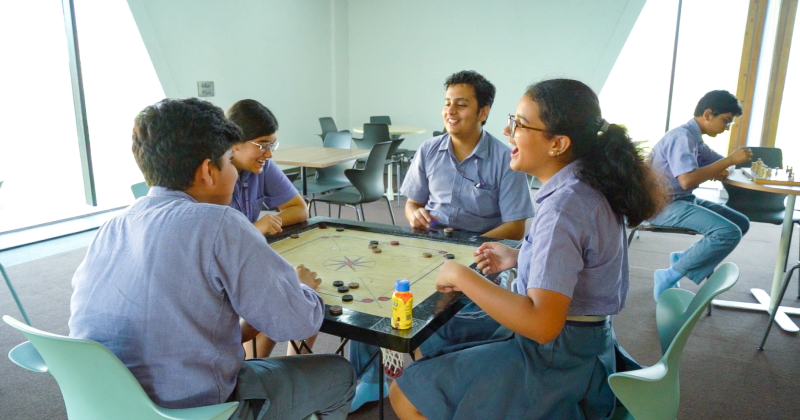
In a world filled with rapidly evolving challenges and diverse perspectives, fostering open conversations with children has become more crucial than ever. As parents and teachers, it is our responsibility to create safe and inclusive spaces where children can freely express themselves, ask questions, and explore their thoughts and emotions. By adopting positive approaches that encourage open dialogue, we can nurture their social, emotional, and intellectual growth. In this blog, we will explore the transformative impact of open conversations and highlight some effective strategies for parents and teachers to engage in meaningful dialogues with children.
One of the foundations of open conversations is building trust and creating safe spaces. When children feel safe and secure, they are more likely to open up and share their thoughts and feelings. Establishing a trusting relationship involves being approachable, non-judgmental, and respecting their boundaries. By creating an atmosphere of acceptance and support, parents and teachers can encourage children to freely express themselves without fear of criticism or punishment.
Active listening is a powerful tool in open conversations. When we truly listen to children, we show them that their thoughts and opinions matter. It involves giving them our full attention, maintaining eye contact, and demonstrating genuine interest in what they have to say. Additionally, practising empathy allows us to understand their perspectives and emotions better. By empathising with their experiences, we validate their feelings and help them develop a sense of self-worth.


Children are naturally curious and have a natural inclination to explore the world around them. Encouraging their questions and curiosity not only supports their intellectual growth but also nurtures their confidence and critical thinking skills. Parents and teachers should create an environment that values curiosity and provides opportunities for children to ask questions, seek answers, and engage in meaningful discussions. By fostering their curiosity, we empower children to become active learners and lifelong seekers of knowledge.
Open conversations provide an excellent platform for children to learn about diversity and inclusivity. Parents and teachers should actively promote acceptance and respect for differences by discussing various cultures, beliefs, and perspectives. By encouraging children to embrace diversity, we foster empathy, compassion, and understanding. Open conversations allow children to challenge stereotypes, broaden their horizons, and appreciate the beauty of a diverse world.
A child’s most primary source of information about their own growth should be through parents and teachers. They should openly be taught about the different phases of changes they’d go through as human beings. Various subjects such as menstruation, career anxiety, puberty and mental health should be normalised so that both girls and boys have an empowered approach to each other. Children should feel like they have a safe and comfortable space that is free of any kind of judgement.
By discussing emotions and helping children identify and understand their feelings, we equip them with the tools to manage their emotions effectively. Moreover, open conversations provide a platform to explore different problem-solving strategies, encouraging children to think critically and develop resilience. Through these discussions, children learn to navigate challenges and conflicts in a constructive manner.
Children learn best through observation and imitation. As parents and teachers, we must model the behaviours we want to encourage in children. By demonstrating openness, honesty, and vulnerability in our own communication, we show children that open conversations are not only acceptable but also beneficial. Sharing our own experiences, both positive and negative, helps children understand that open conversations are essential for personal growth, building connections, and seeking support.
Open conversations with children are transformative, enabling them to develop vital life skills, critical thinking abilities, and emotional intelligence. By building trust, practising active listening, encouraging questions, honouring differences, and modelling open communication, parents and teachers can foster an environment that values dialogue and empowers children to express themselves openly. Let us embrace the power of open conversations to guide children on their journey toward becoming confident, empathetic, and well-rounded individuals who can navigate the complexities of the world with resilience and understanding. By nurturing open conversations, we lay the foundation for their success, well-being, and meaningful engagement with the world around them.